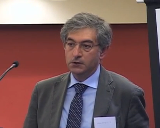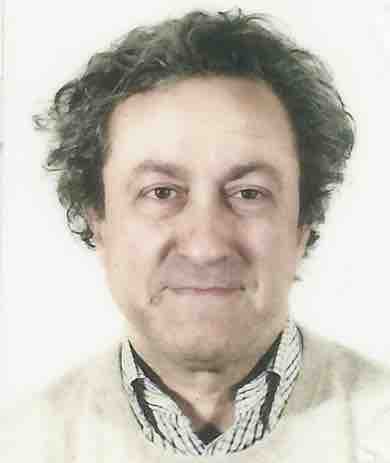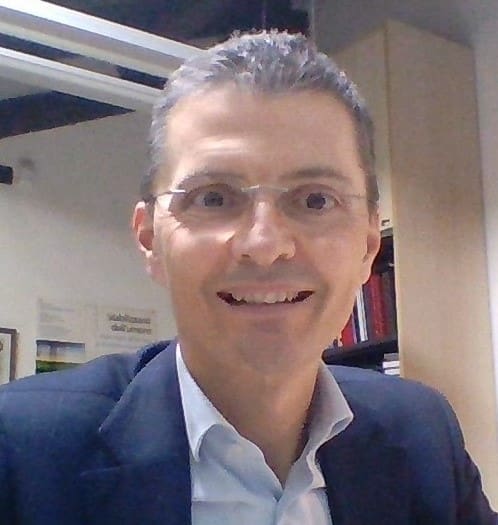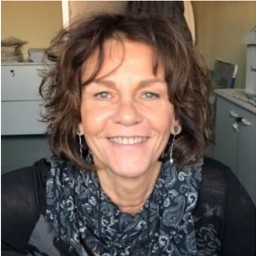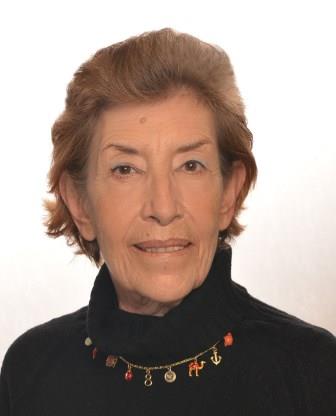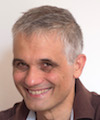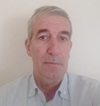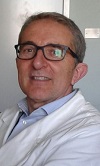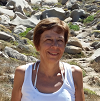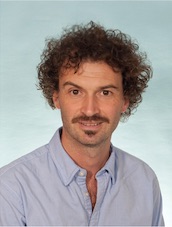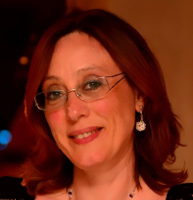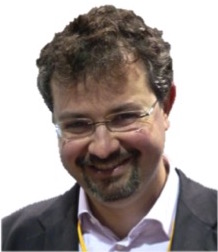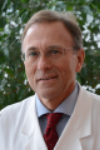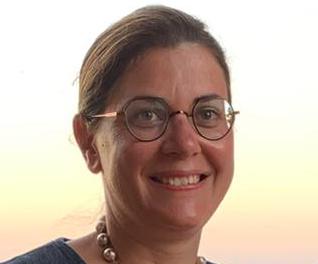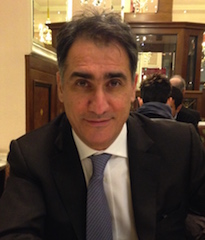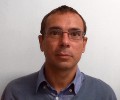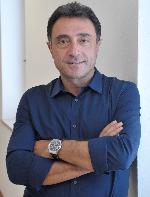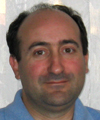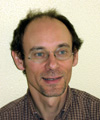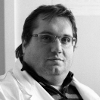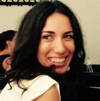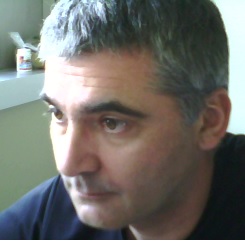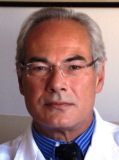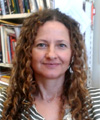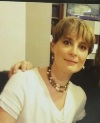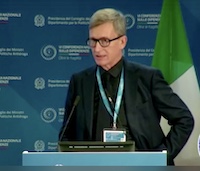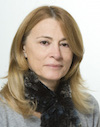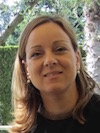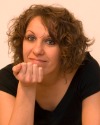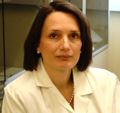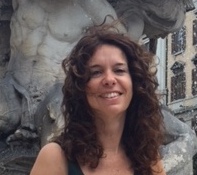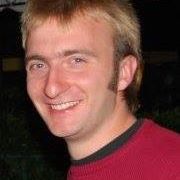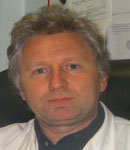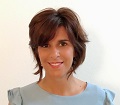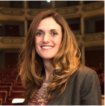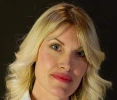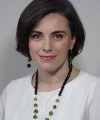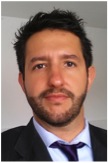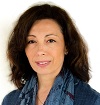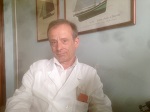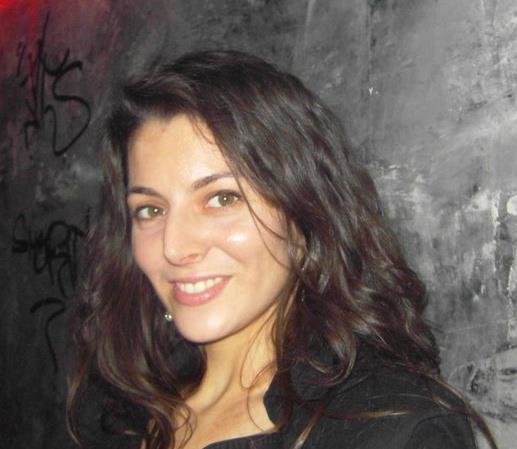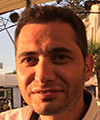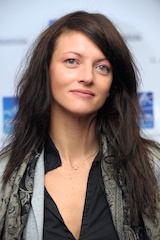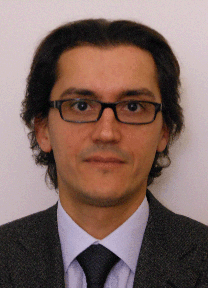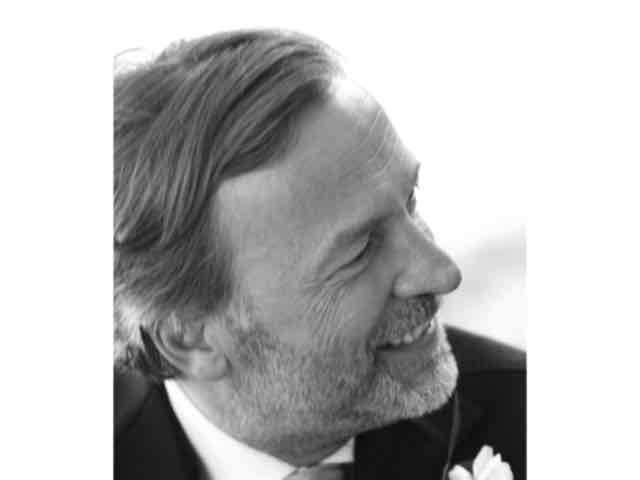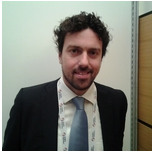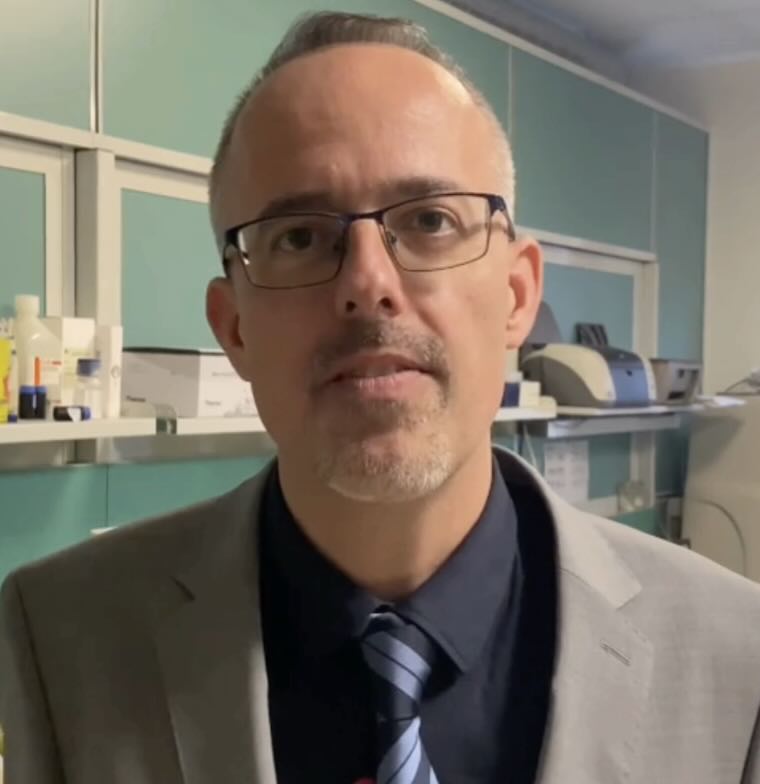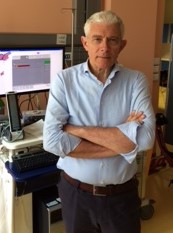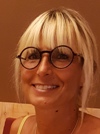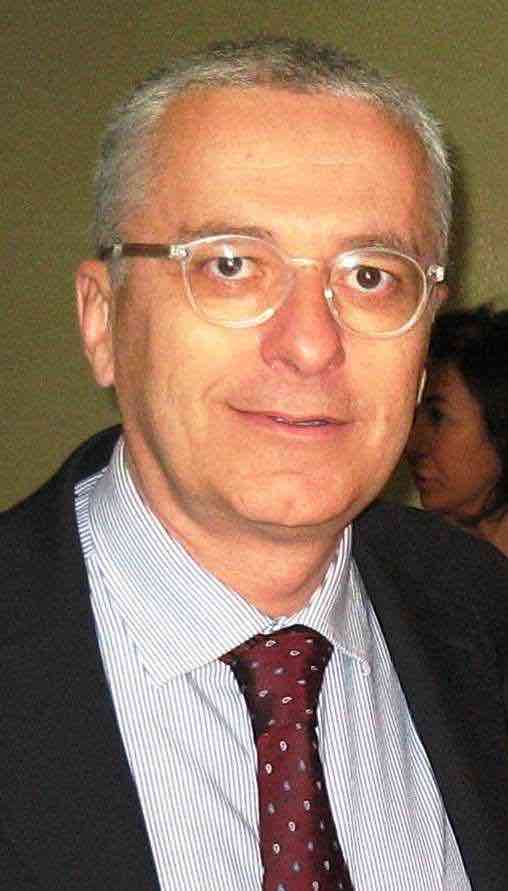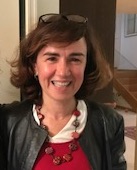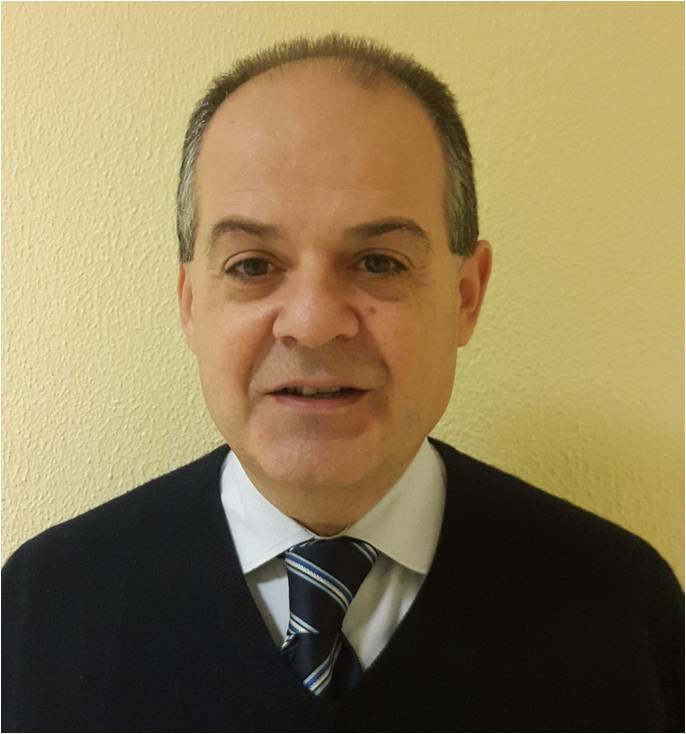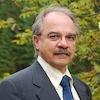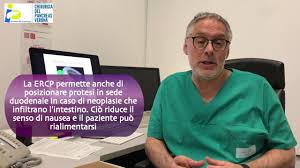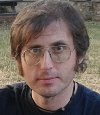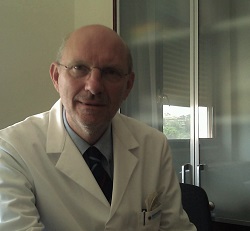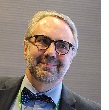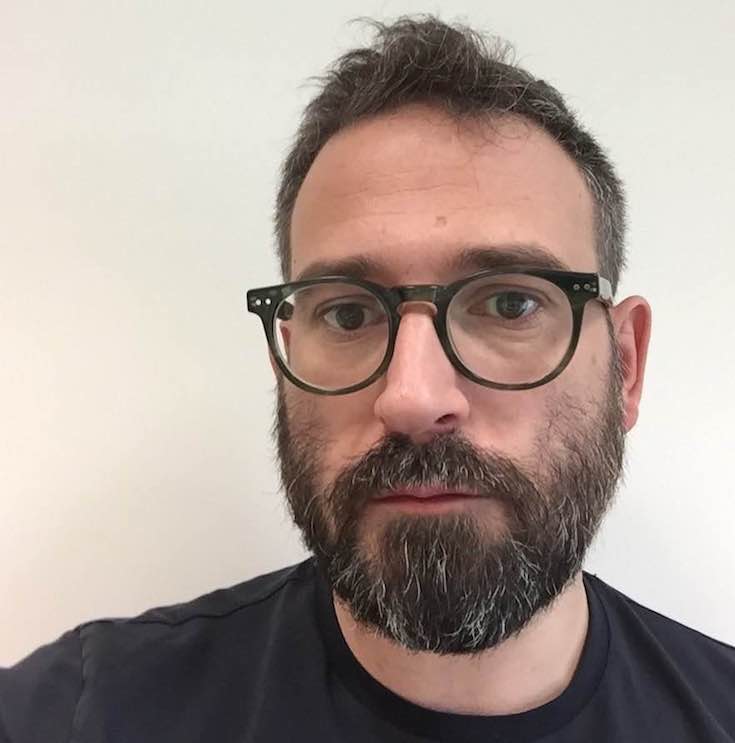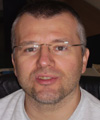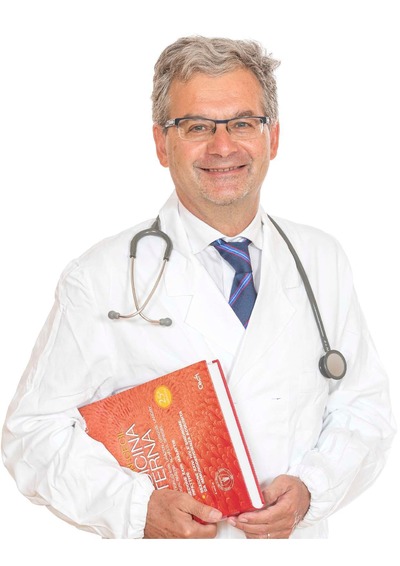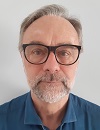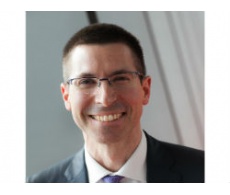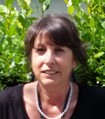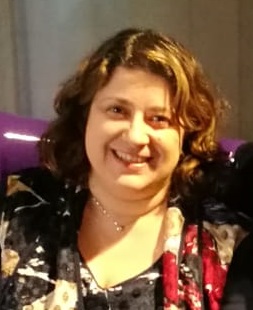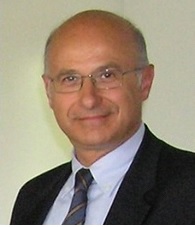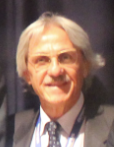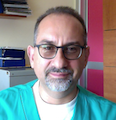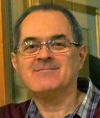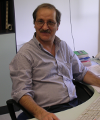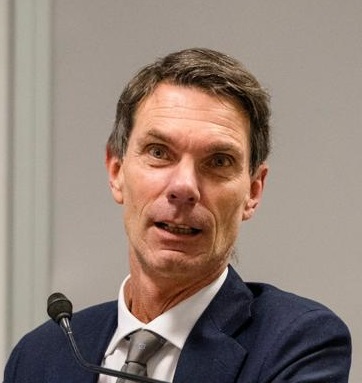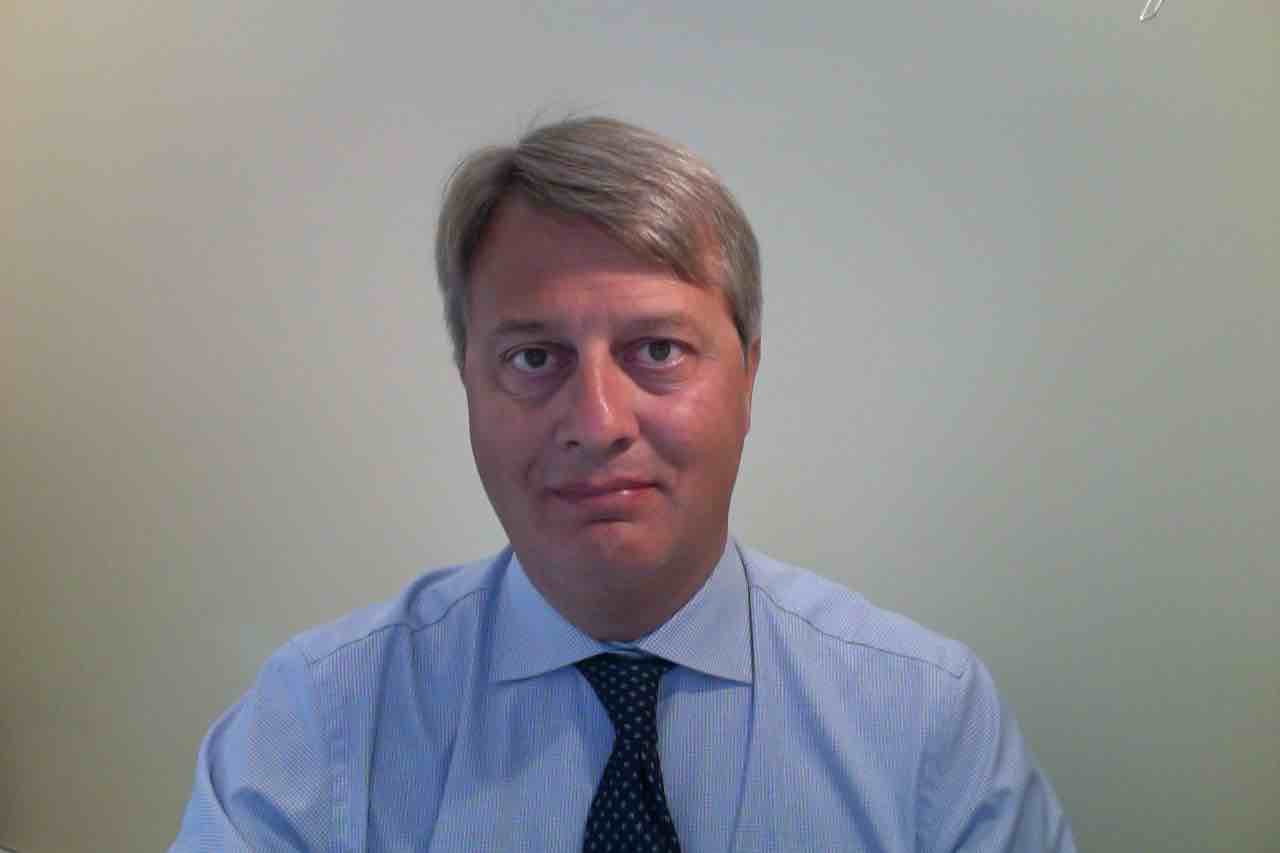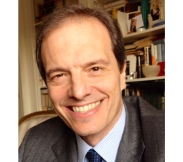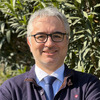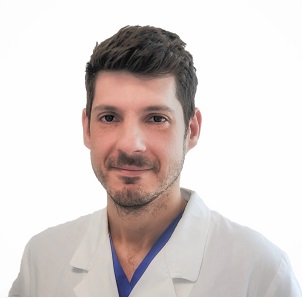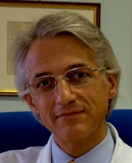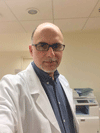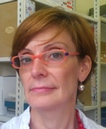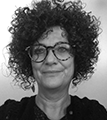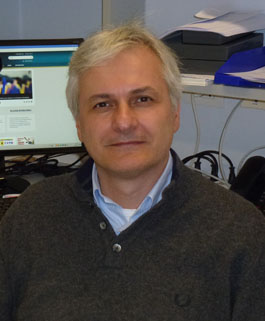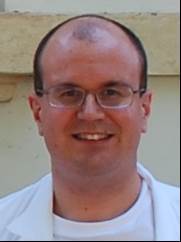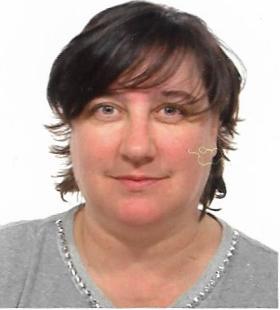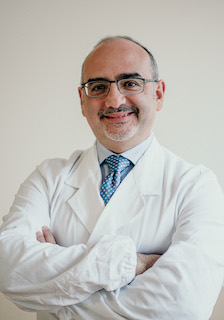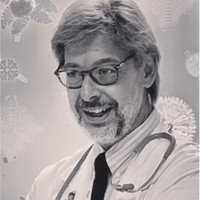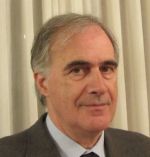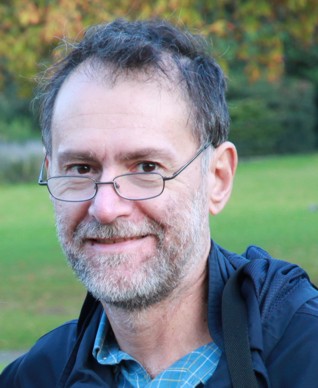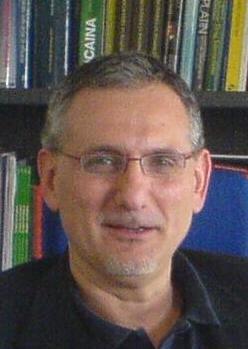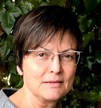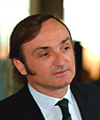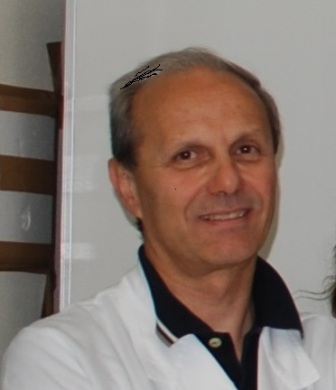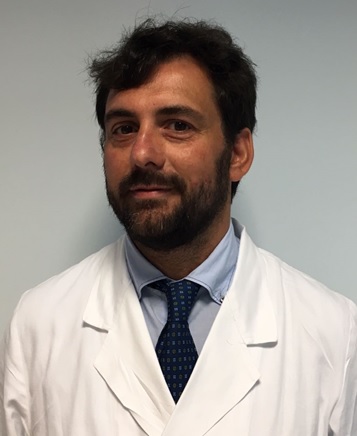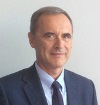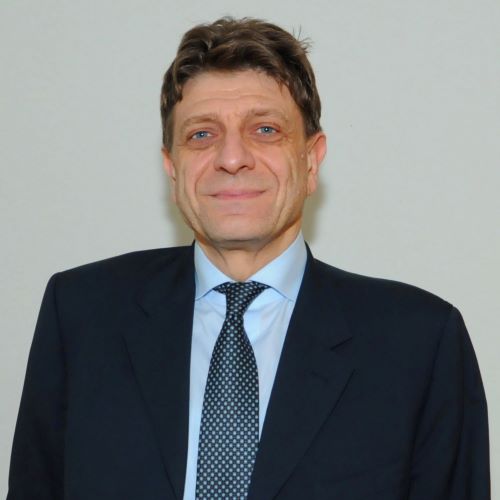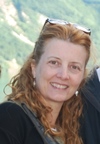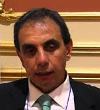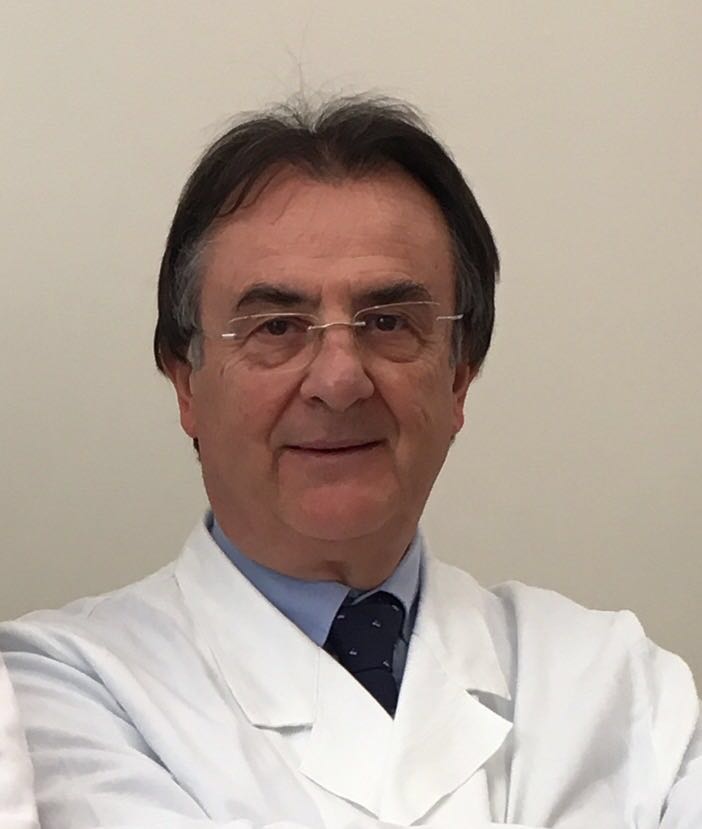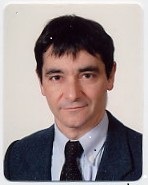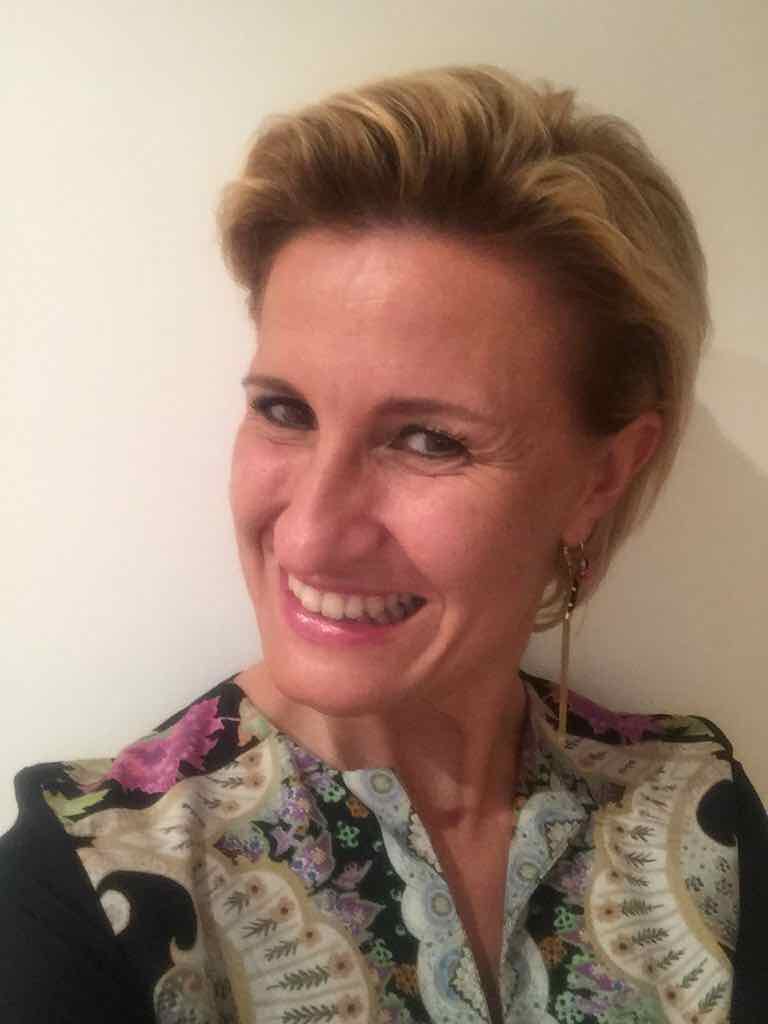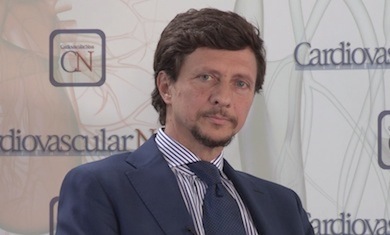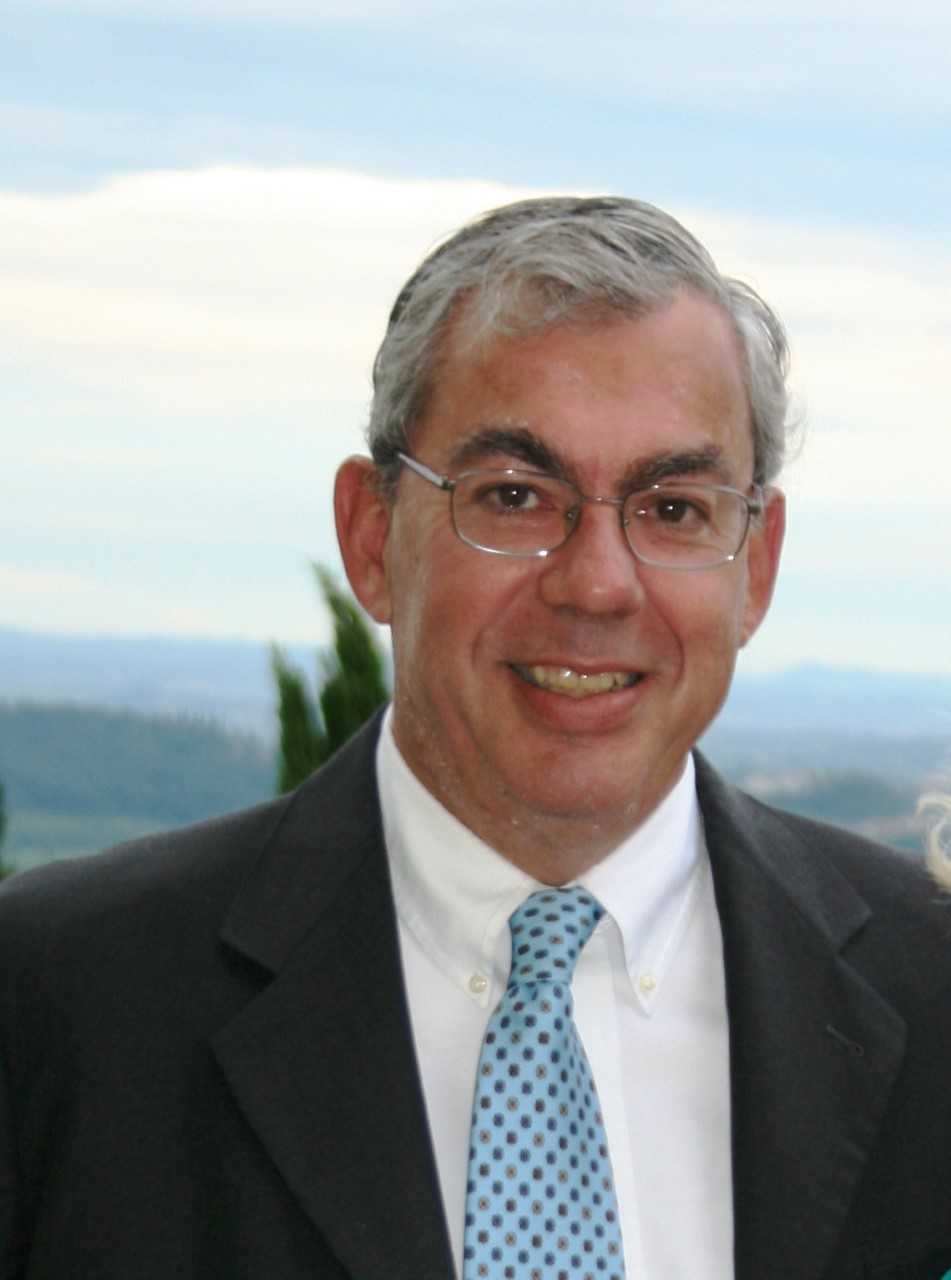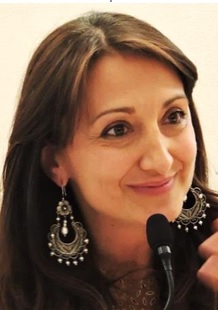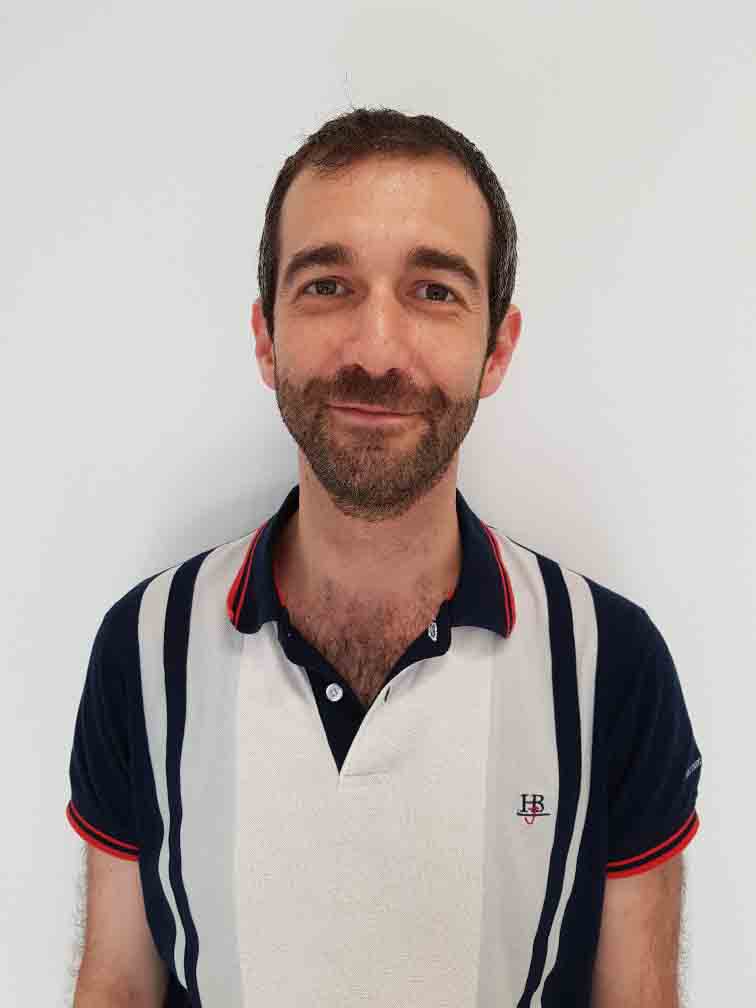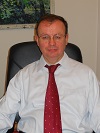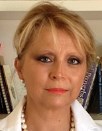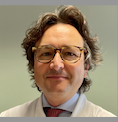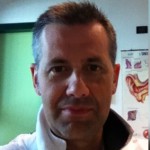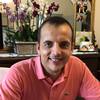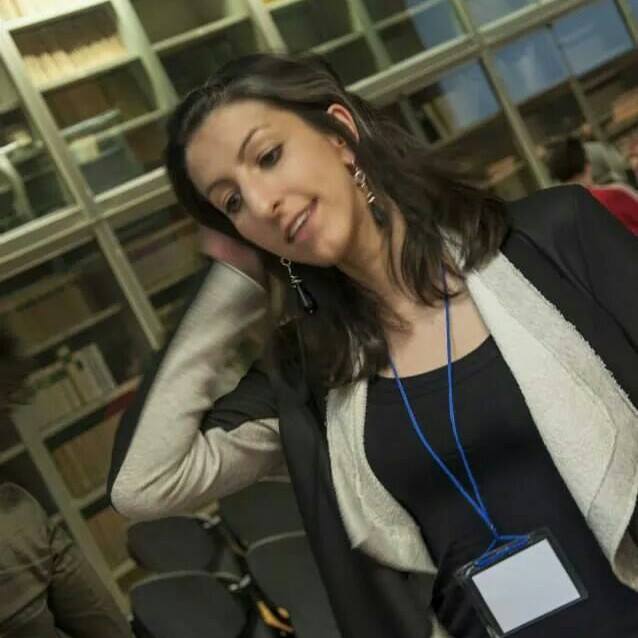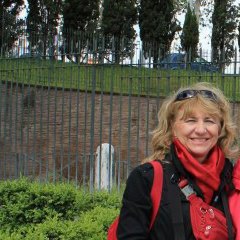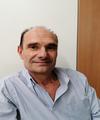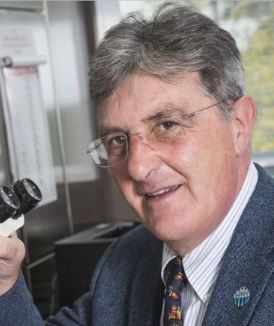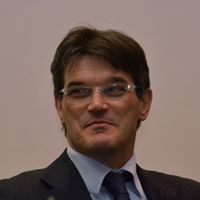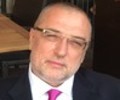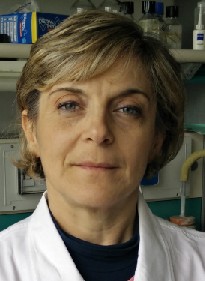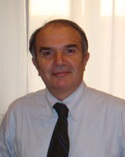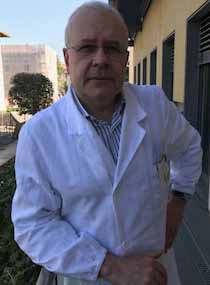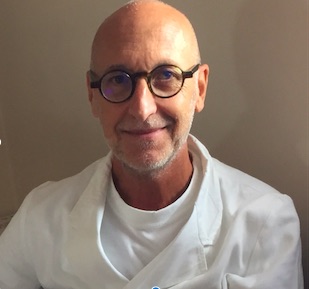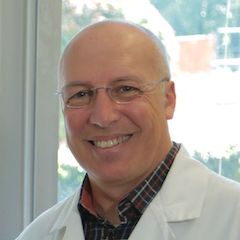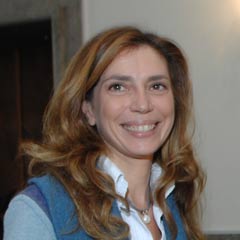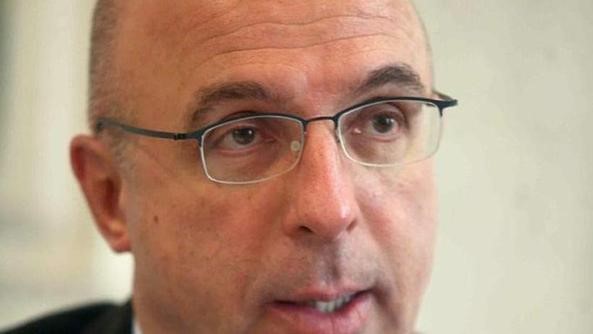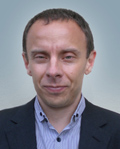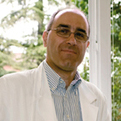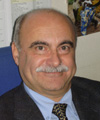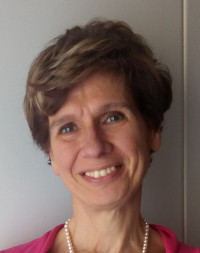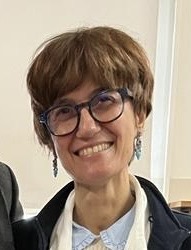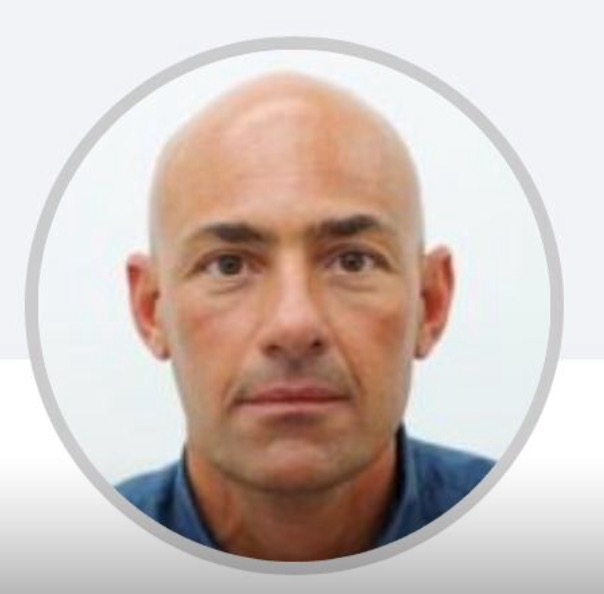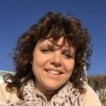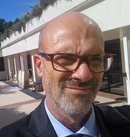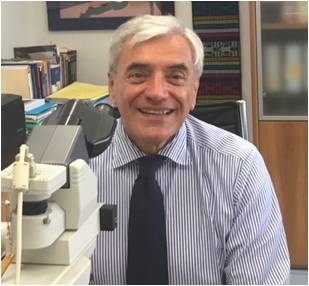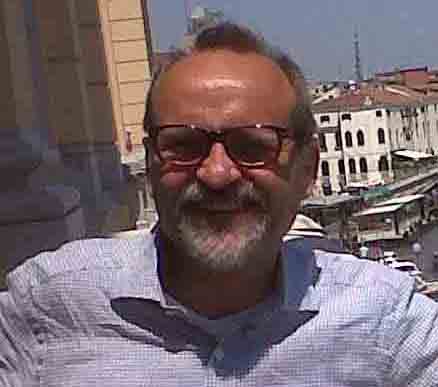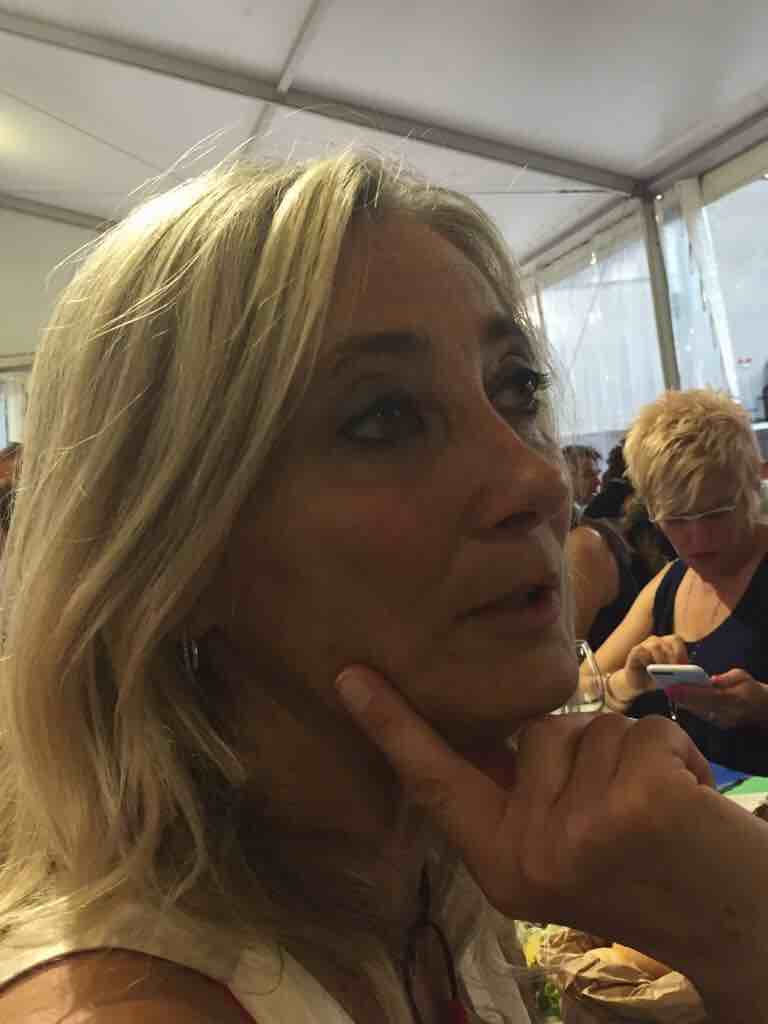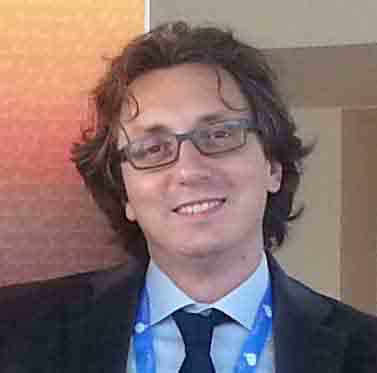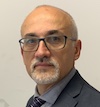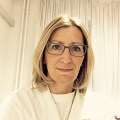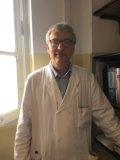Studying at the University of Verona
Academic calendar
The academic calendar shows the deadlines and scheduled events that are relevant to students, teaching and technical-administrative staff of the University. Public holidays and University closures are also indicated. The academic year normally begins on 1 October each year and ends on 30 September of the following year.
Course calendar
The Academic Calendar sets out the degree programme lecture and exam timetables, as well as the relevant university closure dates..
| Period | From | To |
|---|---|---|
| Lezioni 1° semestre 2°- 6° anno | Oct 5, 2015 | Dec 22, 2015 |
| ACCOGLIENZA MATRICOLE 2015-2016 - ORE 8.30 - AULA D ISTITUTI BIOLOGICI | Oct 9, 2015 | Oct 9, 2015 |
| Lezioni 1° semestre 1° anno | Oct 12, 2015 | Dec 22, 2015 |
| Corsi elettivi 1° semestre | Oct 12, 2015 | Dec 18, 2015 |
| Progress test 2015 | Nov 18, 2015 | Nov 18, 2015 |
| Lezioni 2° semestre - 6° anno | Jan 25, 2016 | Apr 28, 2016 |
| Corsi elettivi 2° semestre | Feb 22, 2016 | May 27, 2016 |
| Lezioni 2° semestre 1°- 5° anno | Feb 22, 2016 | May 27, 2016 |
| Session | From | To |
|---|---|---|
| Iscrizione Corsi elettivi 1° semestre | Sep 4, 2015 | Oct 6, 2015 |
| Sessione per studenti fuori corso | Oct 1, 2015 | Sep 30, 2016 |
| Sessione invernale 1°-5° anno | Jan 7, 2016 | Feb 19, 2016 |
| Sessione invernale 6° anno | Jan 7, 2016 | Jan 22, 2016 |
| Iscrizione Corsi elettivi 2° semestre | Jan 13, 2016 | Feb 17, 2016 |
| Sessione estiva - i laureandi nella sessione di luglio devono terminare gli esami entro il 30 giugno 2016 | Jun 6, 2016 | Jul 29, 2016 |
| Sessione autunnale - I laureandi di ottobre devono terminare gli esami entro il 26 settembre 2016 | Sep 1, 2016 | Sep 30, 2016 |
| Session | From | To |
|---|---|---|
| Sessione invernale straordinaria 2014-2015 | Mar 14, 2016 | Mar 25, 2016 |
| Sessione estiva | Jul 11, 2016 | Jul 29, 2016 |
| Sessione autunnale | Oct 10, 2016 | Oct 21, 2016 |
| Period | From | To |
|---|---|---|
| Festa di Ognissanti | Nov 1, 2015 | Nov 1, 2015 |
| Festa dell'Immacolata | Dec 8, 2015 | Dec 8, 2015 |
| Vacanze di Natale | Dec 23, 2015 | Jan 6, 2016 |
| Vancanze di Pasqua | Mar 24, 2016 | Mar 29, 2016 |
| Festa della Liberazione | Apr 25, 2016 | Apr 25, 2016 |
| Festa dei Lavoratori | May 1, 2016 | May 1, 2016 |
| Festa del S. Patrono S. Zeno | May 21, 2016 | May 21, 2016 |
| Festa della Repubblica | Jun 2, 2016 | Jun 2, 2016 |
| Vacanze estive | Aug 8, 2016 | Aug 15, 2016 |
| Description | Period | From | To |
|---|---|---|---|
| 1°-5° anno: attività pratiche e tutoriali 1° semestre | 1°-5° anno: attività pratiche e tutoriali 1° semestre | Sep 28, 2015 | Dec 18, 2015 |
| 6° anno:Tirocinio professionalizzante 1° semestre | 6° anno:Tirocinio professionalizzante 1° semestre | Sep 28, 2015 | Dec 18, 2015 |
| 6° anno:Tirocinio professionalizzante 2° semestre | 6° anno:Tirocinio professionalizzante 2° semestre | Jan 18, 2016 | Jun 18, 2016 |
| 1°-5° anno: attività pratiche e tutoriali 2° semestre | 1°-5° anno: attività pratiche e tutoriali 2° semestre | Feb 22, 2016 | May 27, 2016 |
| 6° anno: recupero Tirocinio professionalizzante | 6° anno: recupero Tirocinio professionalizzante | Jun 20, 2016 | Aug 16, 2016 |
Exam calendar
Exam dates and rounds are managed by the relevant Medicine Teaching and Student Services Unit.
To view all the exam sessions available, please use the Exam dashboard on ESSE3.
If you forgot your login details or have problems logging in, please contact the relevant IT HelpDesk, or check the login details recovery web page.
Should you have any doubts or questions, please check the Enrollment FAQs
Academic staff
 amod101@yahoo.it; antonio.amodio@ospedaleuniverona.it
amod101@yahoo.it; antonio.amodio@ospedaleuniverona.it

Bassi Claudio
 claudio.bassi@univr.it
claudio.bassi@univr.it
 +39 045 812 4553
+39 045 812 4553
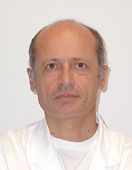
Bisoffi Zeno
 zeno.bisoffi@sacrocuore.it
zeno.bisoffi@sacrocuore.it
 +390456013326
+390456013326
 rebecca.casari@aovr.veneto.it
rebecca.casari@aovr.veneto.it
 zenodebattisti@tiscali.it
zenodebattisti@tiscali.it
 roxannebarbara.doerr@univr.it
roxannebarbara.doerr@univr.it
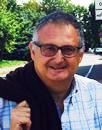
Fabrizi Gian Maria
 gianmaria.fabrizi@univr.it
gianmaria.fabrizi@univr.it
 +39 0458124461
+39 0458124461
 giuseppe.faggian@univr.it
giuseppe.faggian@univr.it
 marco.ferdeghini@univr.it
marco.ferdeghini@univr.it
 045 812 47 84 (Segreteria) 045 802 74 89 (Segreteria di Istituto)
045 812 47 84 (Segreteria) 045 802 74 89 (Segreteria di Istituto)
 davide.gatti@univr.it
davide.gatti@univr.it
 guido.martignoni@univr.it
guido.martignoni@univr.it
 oliviero.olivieri@univr.it
oliviero.olivieri@univr.it
 +39 045 812 4414
+39 045 812 4414
 sara.pilotto@univr.it
sara.pilotto@univr.it
 daniele.prati@univr.it
daniele.prati@univr.it
 antonella.rigo@univr.it
antonella.rigo@univr.it

Rosina Paolo
 paolo.rosina@univr.it
paolo.rosina@univr.it
 +39 045 812 2547
+39 045 812 2547
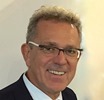
Scuro Alberto
 alberto.scuro@univr.it
alberto.scuro@univr.it
 +39 045 812 4413
+39 045 812 4413
Study Plan
The Study Plan includes all modules, teaching and learning activities that each student will need to undertake during their time at the University.
Please select your Study Plan based on your enrollment year.
1° Year
| Modules | Credits | TAF | SSD |
|---|
2° Year activated in the A.Y. 2016/2017
| Modules | Credits | TAF | SSD |
|---|
3° Year activated in the A.Y. 2017/2018
| Modules | Credits | TAF | SSD |
|---|
4° Year activated in the A.Y. 2018/2019
| Modules | Credits | TAF | SSD |
|---|
5° Year activated in the A.Y. 2019/2020
| Modules | Credits | TAF | SSD |
|---|
6° Year activated in the A.Y. 2020/2021
| Modules | Credits | TAF | SSD |
|---|
| Modules | Credits | TAF | SSD |
|---|
| Modules | Credits | TAF | SSD |
|---|
| Modules | Credits | TAF | SSD |
|---|
| Modules | Credits | TAF | SSD |
|---|
| Modules | Credits | TAF | SSD |
|---|
| Modules | Credits | TAF | SSD |
|---|
Legend | Type of training activity (TTA)
TAF (Type of Educational Activity) All courses and activities are classified into different types of educational activities, indicated by a letter.
Free choice courses
| years | Modules | TAF | Teacher | |
|---|---|---|---|---|
| 5° | Surgical anatomy of head and neck | D | Not yet assigned | |
| 6° | Basic course ECG and interactive interpretation | D | Not yet assigned | |
| 5° 6° | Multiple Sclerosis and demyelinating diseases of the central nervous system: from diagnosis to therapy | D | Not yet assigned | |
| 5° 6° | Sicurezza del paziente e gestione del rischio clinico | D | Not yet assigned | |
Child development: a neurodevelopmental approach (Corso Elettivo) (2018/2019)
Teaching code
4S004105
Teacher
Coordinator
Credits
1
Language
Italian
Scientific Disciplinary Sector (SSD)
MED/26 - NEUROLOGY
Period
Corsi elettivi 1° semestre dal Oct 8, 2018 al Dec 21, 2018.
Learning outcomes
Main goal of the course is to introduce the students to the principles of child development, as well as to supply them with tools to learn about development of cognitive, emotional and social functions. That represents the theoretical background necessary to learn about main issues related to Neurodevelopmental Disorders and Intellectul Disability. Aims of the course are: neurobiological foundations of central nervous system development; its relationship of the onset of motor, cognitive, social and emotional functions; developmental trajectories from birth to school-age. The role and influences of enviromental (including familiar) elements during the process of function maturiation and competence acquisition. Developmental features of children during the first year of life, the pre-school and school-age will be outlined. Major neurodevelopmental disorders will be described, outlining the main clinical features, the diagnostic approaches and the differential treatments available.
Program
1. A-Principles of Development: a. determinism in development: genetic determination and species-specificity; b. factors influencing developmental trajectories: intrinsic factors (e.g. CNS structures organization and connectivity) vs extrinsic factors (pre- and post-natal enviromental cues).
B-Development of CNS Structures as Biological Foundation of Neurological and Psychological functions; Role of the Environment-development of neuromuscular structures, of sensory organs, of CNS;-pre- and post-natal development of functions;-relationship between CNS development, functional activities and enviroment as to the maturation of competences -the mature brain from functional standpoints: the cognitive brain, the social brain, the emotional brain.
2. The concept of Mind. Definition of Function as compared to Competence: Movement, Cognition, Social Activities and Communication; Emotion and their recognition, Play abilities.
3.Timeline of Child Development:
a1. Normal development from Birth to Pre-School Age. a2. Issues related to abnormal development
b1. The School Age: Learning and Cognition. b2. Learning Difficulties; Psychopathological Issues.
4. Neurodevelopmental Disorders: Delayed Motor Acquisition; Intellectual Disabilities; Autism Spectrum Disorder; Communication Disorders.
| Author | Title | Publishing house | Year | ISBN | Notes |
|---|---|---|---|---|---|
| A Seal, G Robinson, AM Kelly, J Williams | Children with Neurodevelopmental Disabilities | Mac Keith Press | 2013 | ||
| Mary D Sheridan | Dalla Nascita ai Cinque Anni | Raffaello Cortina | 2009 | ||
| DF Egan | Developmental Examination of Infants and Preschool Children | Mac Keith Press | 1990 | ||
| M Ammanniti | Manuale di Psicopatologia dell'Infanzia | Raffaello Cortina | 2001 | ||
| Docente del corso | Materiale didattico: slides delle lezioni e articoli suggeriti nel programma | 2021 | |||
| P Levi | Se questo è un uomo | Einaudi | 2005 |
Examination Methods
Frequence based evaluation: attendance at 2/3 of the course is mandatory to obtain credit.
Starting: October Wednesday, 31st, 2018 h 17.30; then lessons on weekly basis at the same hour and in the same room; whole course: 7 lessons (14 hours)
Room: Aula Neuropatologia, at UOC Neurologia B, 7th floor, lotto A, Policlinico GB Rossi
The course is recommended for medical students attending the IVth-Vth-VIth year
Maximum number of students attending the course: 30
Career prospects
Module/Programme news
News for students
There you will find information, resources and services useful during your time at the University (Student’s exam record, your study plan on ESSE3, Distance Learning courses, university email account, office forms, administrative procedures, etc.). You can log into MyUnivr with your GIA login details: only in this way will you be able to receive notification of all the notices from your teachers and your secretariat via email and also via the Univr app.
Erasmus+ e altre esperienze all'estero
Extra courses and activities
Opzioni (cambio di ordinamento)
Studenti iscritti alla classe LM/41 (Classe delle lauree magistrali in medicina e chirurgia)
Il MUR, con nota prot. n. 8610 del 25/3/2020 avente oggetto: “Abilitazione all’esercizio della professione di Medico-Chirurgo - art. 102 - Decreto legge 17 marzo 2020 n. 18 (convertito con modificazioni dalla L. 24 aprile 2020, n. 27), dispone l’adeguamento dell’ordinamento della classe LM/41 alle normative citate in oggetto.
Coloro i quali hanno concluso/concluderanno il tirocinio pratico-valutativo pre-lauream con giudizio di idoneità (ai sensi del DM 58/2018), conseguita la laurea, sono abilitati all’esercizio della professione di medico-chirurgo e possono procedere all’iscrizione presso l’Ordine dei Medici.
Rilascio del titolo di abilitazione
Ai fini del rilascio dell’abilitazione professionale è richiesto il pagamento delle seguenti tasse:
- tassa erariale pari a € 49,90 da versarsi prima che inizi la frequenza del tirocinio pratico valutativo
- tassa regionale di abilitazione da versarsi all’atto della consegna del titolo di abilitazione.
Studenti iscritti alla classe 46/S (Classe delle lauree specialistiche in medicina e chirurgia) e ordinamenti previgenti (attualmente fuori corso) oppure studenti iscritti alla classe LM/41 con coorti antecedenti alla coorte 2014 (attualmente fuori corso).
Il MUR, con nota prot. n. 8610 del 25/3/2020 avente oggetto: “Abilitazione all’esercizio della professione di Medico-Chirurgo - art. 102 - Decreto legge 17 marzo 2020 n. 18” dispone che, gli iscritti agli ordinamenti previgenti, con tirocinio pratico previsto post – laurea (ai sensi del DM 445/2001), ferme restando le norme sulla decadenza dagli studi, possono concludere il percorso di studio senza dovere necessariamente acquisire, ai fini dell’ammissione all’esame finale di laurea, il giudizio di idoneità del suddetto tirocinio pratico valutativo. In tal caso il diploma di laurea che rilascerà l’Ateneo avrà la sola valenza di titolo accademico. Resterà ferma, in ogni caso la possibilità per tali soggetti di conseguire eventualmente l’abilitazione all’esercizio della professione di medico-chirurgo in un momento successivo, secondo le modalità di cui al comma 2 dell’art.102, cioè conseguendo la valutazione del tirocinio prescritta dal D.M. n. 445/2001. L’Ateneo continuerà a predisporre un separato diploma di abilitazione.
Si ricorda che ai suddetti studenti è in ogni caso consentita l’opzione al nuovo ordinamento secondo i termini e le modalità previste.
Documents
| Title | Info File |
|---|---|
|
|
pdf, it, 525 KB, 14/06/21 |
|
|
pdf, it, 419 KB, 14/06/21 |
|
|
pdf, it, 377 KB, 12/12/23 |
|
|
pdf, it, 483 KB, 21/06/24 |
|
|
pdf, it, 481 KB, 21/06/24 |
Timetable
Documents
| Title | Info File |
|---|---|
|
|
pdf, it, 791 KB, 01/07/24 |
|
|
pdf, it, 548 KB, 22/09/23 |
